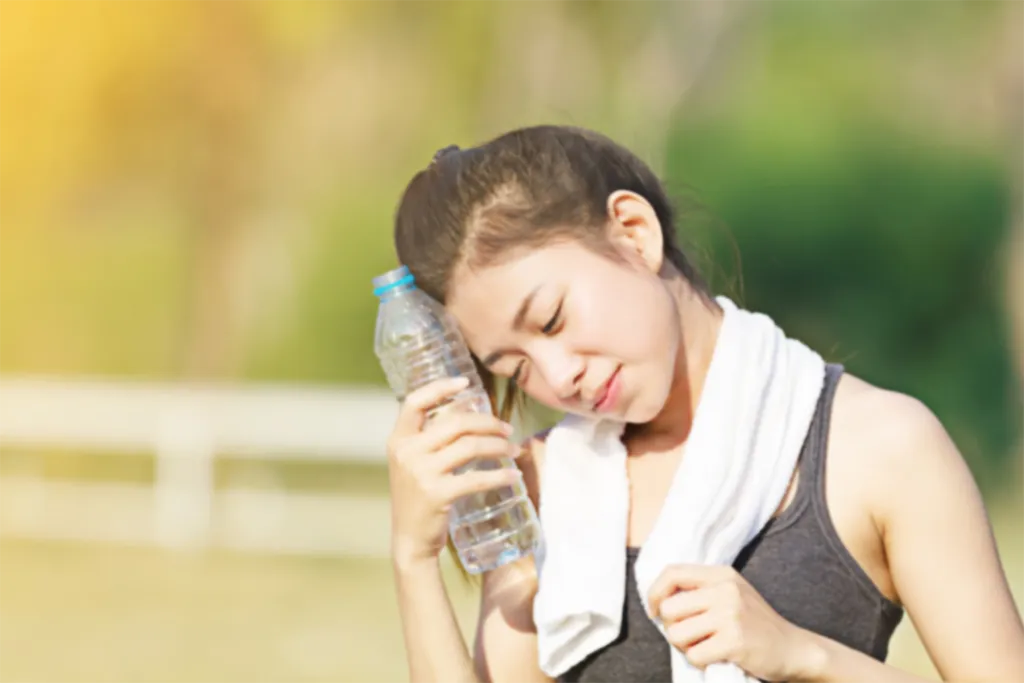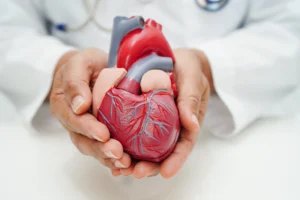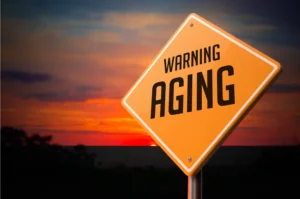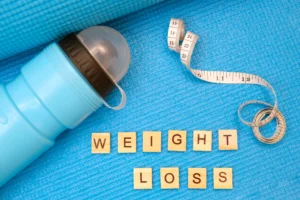Let us face it; drinking water is no fun to anyone. This is because water is tasteless and can sometimes leave the throat somehow irritated. However, even as boring and unpleasant as it feels, drinking less water than your body is consuming only leaves you dehydrated. While the effects of dehydration may not be very severe and are easily treated in younger individuals, they can have adverse effects in seniors.
From constipation, skin problems, confusion and cognitive impairment, weakness and fatigue, kidney stones and renal failure, risk of UTIs, and heart conditions, dehydration can have adverse effects on seniors. This article delves into these and many other effects of dehydration in seniors and how they can be prevented.
Constipation

Drink water, keep hydrated
One of the many ways of knowing a senior is undergoing dehydration is when they are having a hard time passing stools. The difficulty is because the stools lack enough or have no water content at all. Constipation is serious since it can cause abrasions in the anus and lead to bleeding, not just in the seniors, but also across all ages.
Skin Problems
Dehydration means the body has less water content to support the skin. Being the largest organ in the body, the skin takes the most beat from dehydration. As a result, the elderly experience skin breakouts, coupled with bedsores. Even though it is mostly due to the loss of collagen as people age, dehydration can also explain skin sagging in the elderly.
Confusion and Cognitive Impairment
Dehydration, not just in the elderly, can cause confusion amongst people in any age bracket. This happens from the fact that water being the main content in blood is low, hence reducing blood level. As blood levels get low, less oxygen gets to the brain and thus the confusion. Lack of enough blood, because of dehydration can also lead to cognitive impairment in seniors.
Weakness and Fatigue
As water levels get low in the body, production of energy is also hampered. Low water means the cells are deprived of enough water to synthesize the energy needed for various physiological functions in the body. This goes on to explain the weakness and unending fatigue coupled with the feeling of cold in some elderly people. Weakness in the elderly can leave them nursing serious injuries due to the increased risk of falls and accidents
Increased Risk of UTIs
Dehydration means the bladder is emptied less often, and thus; a good amount of urine stays in the bladder. Urine residual in the bladder gives bacteria more time to multiply, thereby increasing the risk of developing UTIs. In addition, with less frequent passing of urine, waste products remain in the body, hence placing the aged at risk of UTIs.
Kidney Stones and Renal Failure
Acute dehydration, though still dangerous amongst the elderly, can be rectified when detected early enough. However, with chronic dehydration, the effects are grievous. For instance, chronic dehydration can contribute to the formation of kidney stones and potentially kidney failure. Kidney transplants are expensive and can drain your bank accounts while at the same time leaving you with serious wounds to heal.
Compromised Immune System
The most serious effect of dehydration in elderly people is a compromised immune system. Reduction of water levels in the body leads to a drop in blood levels. Reduced blood levels contribute to hampered circulation of lymphatic fluid, and white and red blood cells, hence the compromised immunity. Compromised immunity is dangerous since it can expose the elderly to all manner of diseases and infections. It can also render them physically incapacitated, thereby making their lives harder and frustrating.
Dry Mouth and Mucous Membranes
A common side effect of dehydration is dry mouth amongst the seniors. A dry mouth makes swallowing of food difficult, and can even leave them with throat sores when the dryness is so severe. The worst-case scenario is when the seniors develop disinterest towards food, due to the difficulty when swallowing. Dryness in the mouth can also increase the risk of dental problems, thereby leading to loss of teeth.
It is imperative to understand that the bodies of the elderly are not the same as those of younger people. For this reason, their water uptake and retention are also a little lower, something that may contribute to dehydration. To combat these challenges, the elderly must be committed to regular health checks for signs of dehydration. Their diet should include more vegetables, fruits, soups, broths, juices, and other water-dense foods. Their caregivers must also closely monitor the seniors’ fluid intake habits to reduce the chances of dehydration.




